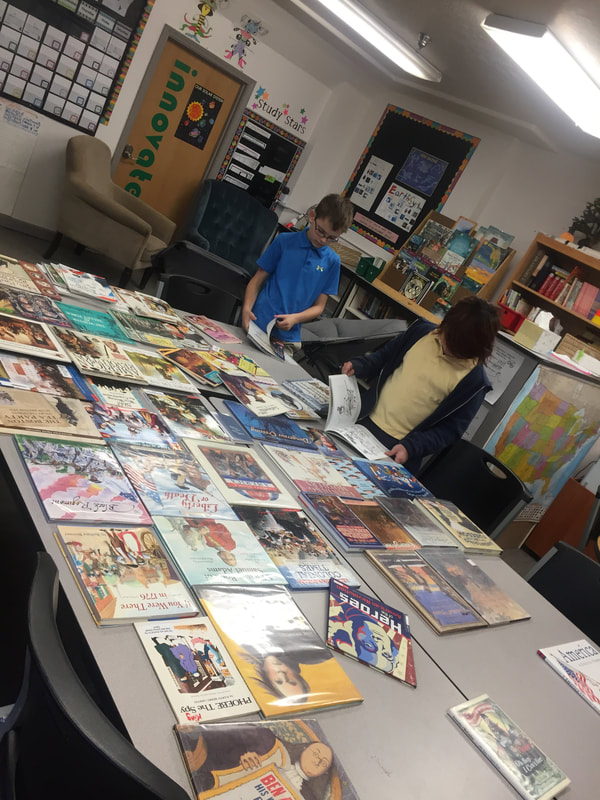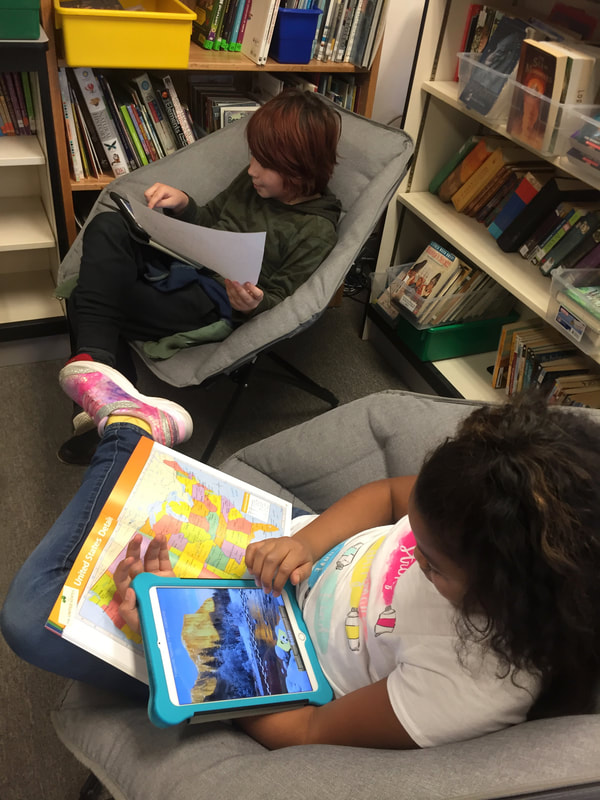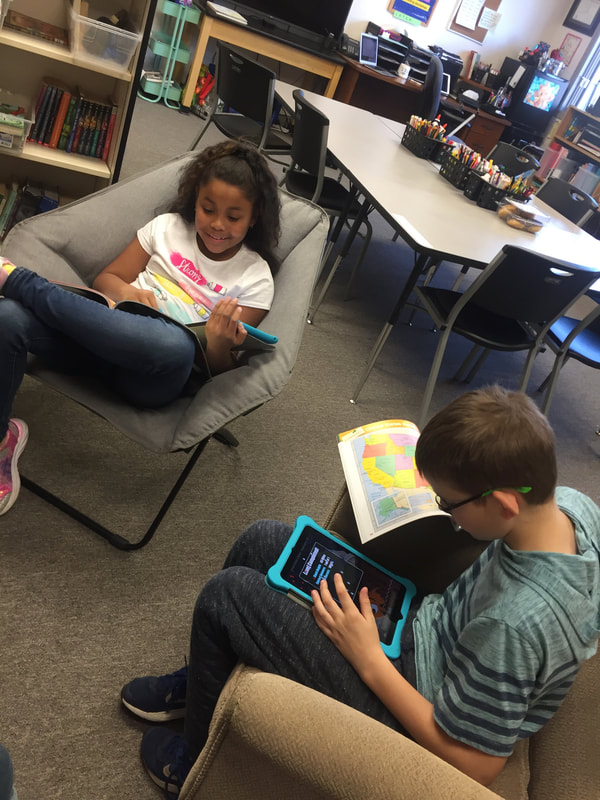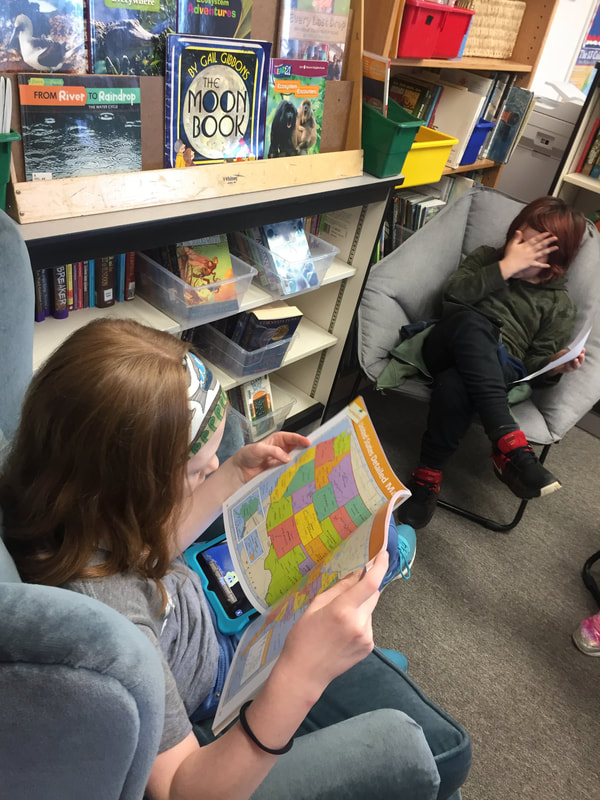- Social studies prepares young people for success in college and career, as well as informed, engaged participation in civic life.
- Inquiry is at the heart of social studies instruction.
- Social studies involves interdisciplinary instruction and benefits from interaction with and integration of the arts and humanities.
- Social studies is composed of deep and enduring understandings, concepts, and skills from the disciplines.
Inquiry is indeed at the heart of social studies instruction – of all instruction. When the goal is to develop students who are independent thinkers and exceptional learners, the best place to begin is with their natural curiosity and sense of wonder. When inquiry is at the heart of instruction, we support students in:
-living a life full of curiosity
-exploring ideas and issues that connect with the own interests and the wider world
-tackling big ideas, essential questions, and deep understandings as they read, write, and research
-reading and responding flexibly and with a critical stance
-thinking creatively and sharing new learning in creative ways
-engaging in collaborative learning and action.
Our class is knee deep in our American Revolution inquiry this month. Students are challenged to become experts on this topic in reading workshop, so they can share their knowledge with others during writing workshop. Students are developing questions, reading fiction and non-fiction texts of all kinds, and discussing their reading understanding and connections to events and ideas that formed the core of our nation’s beginning. They are connecting their growing knowledge of US geography with the historical events of this exciting time in US history. Atlases, videos, primary sources, historical novels – all these are rich content pushing the inquiry forward.
Students are asking important questions and viewing the events from multiple perspectives. History, geography, economics, and civics all take center stage as students learn about boycotts, legislative bodies, taxes, and key historical events. Each question leads to another as they wrestle with the thorny, multi-faceted, messy realities of history. Why was it called the “Boston Massacre?” Was it a massacre? Why did Parliament impose the Intolerable Acts? In 1776, what was it like to be a Loyalist? A Patriot? A slave? A woman? A Native American? A merchant? A soldier? How did thirteen very different and independent colonies come together as one united entity? How does one define “liberty,” and for whom?”
Inquiring minds want to know.
Resources:
Our 5th grade social studies standards: https://docs.google.com/document/d/1BdXbNBidIF6bQOydKwZCl3oQTDrUW2wk65U67AghoLs/edit?usp=sharing




